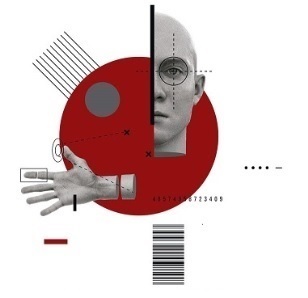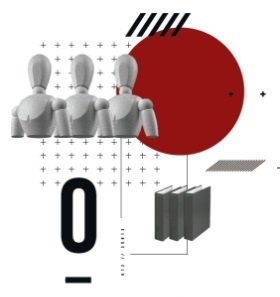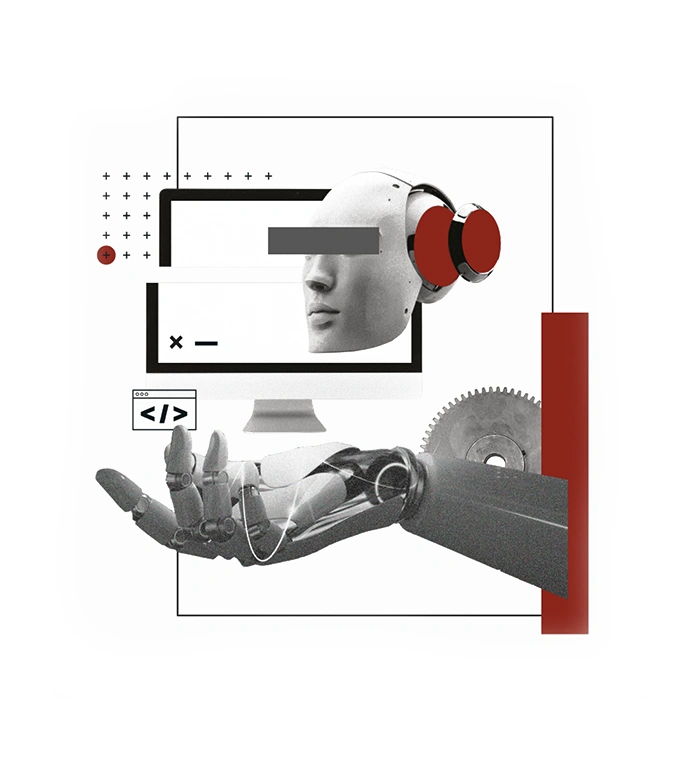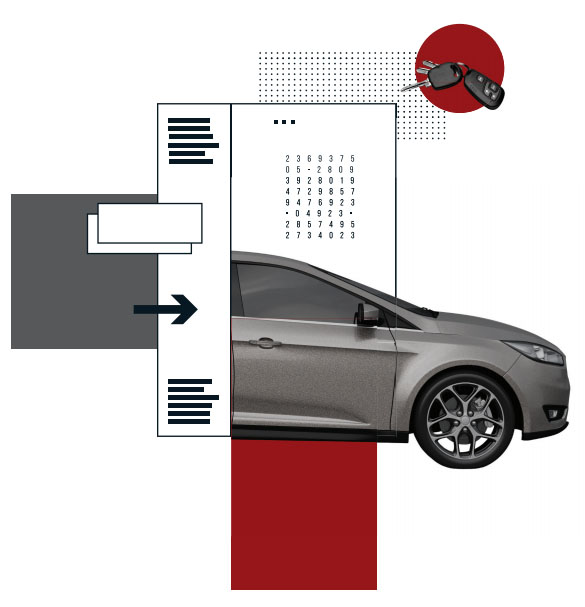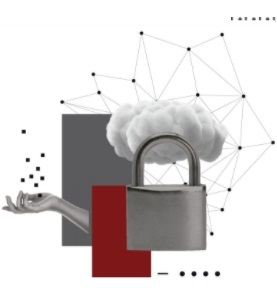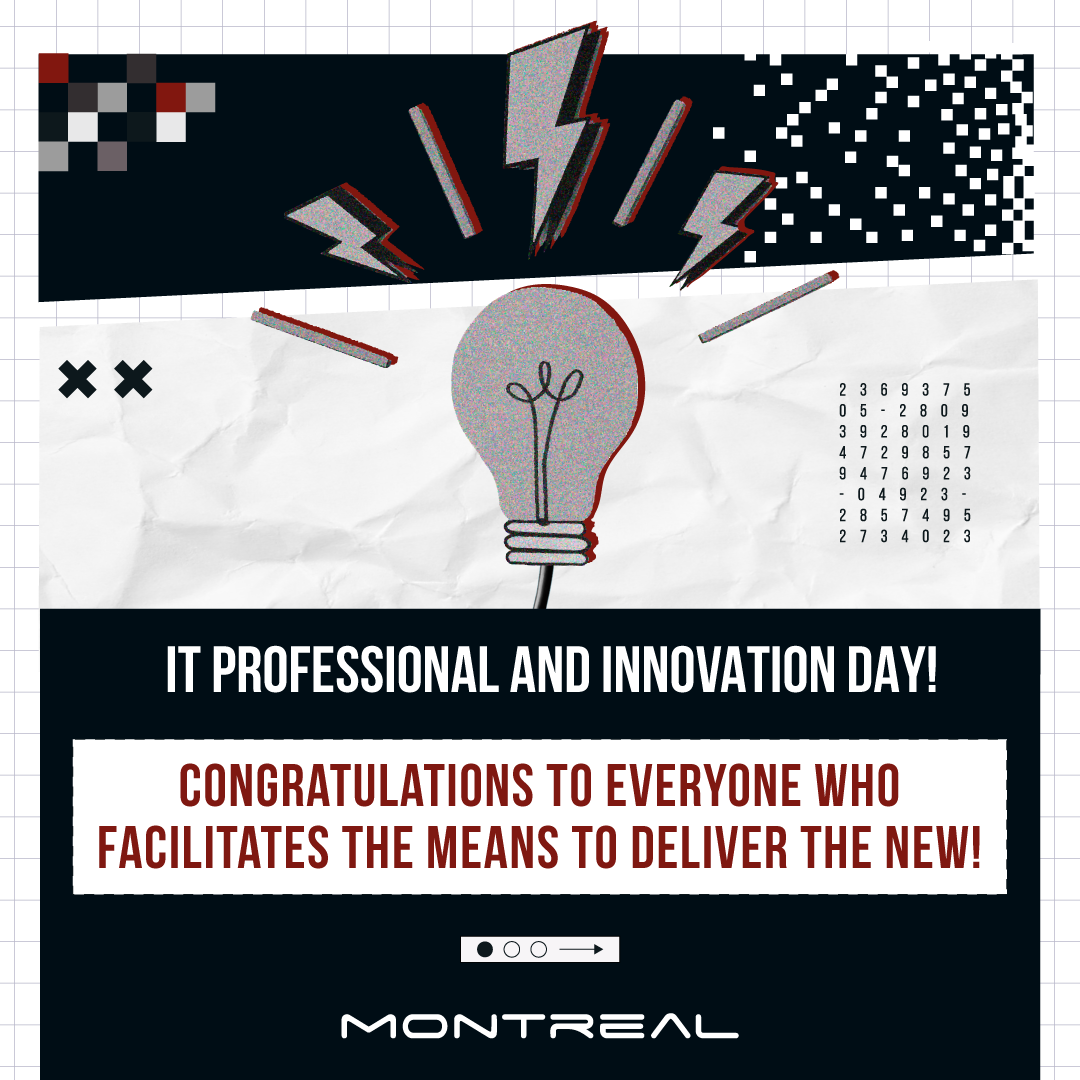An optimistic market.
Over the last ten years, the vehicle purchase and sale sector has been one of the hottest sectors in the Brazilian market. Every day, drivers from the most diverse regions of the country realize that the streets are even smaller for the number of vehicles that pass through the routine streets of our cities.
Driven by lower interest rates, inflation and a stable economy, Brazilian consumers have increased their purchasing power and lost their fear of investing. At the same time, with the reduction in consumer defaults, the interest of financial institutions in granting credit has grown, which has given a significant boost to vehicle financing in Brazil.
This is evidenced by the survey carried out by B3 in 2019, which shows that sales of financed vehicles totaled 6.1 million units between new and used: an increase of 11.4% over the previous year.
With an extremely optimistic market projection, an increase of 9.4% was expected in licensing in the country this year. This is all a reflection of a stable market with high demand and, above all, safety. However, it should be remembered that this was not always the case.
The history..
Before 2002, the registration of vehicle contracts was carried out as follows: the consumer signed the financing contract with the financial agent, took the document to the notary's office for registration and, after authentication and registration, presented the document to the DETRAN for issuance of a document containing the annotation of the lien. At the end of the contract, the financed party would return to DETRAN with the respective discharge document to release the financial restriction on the vehicle. This process was extremely costly for the end consumer and, depending on the registry office and region, the bureaucracy and costs increased considerably, which led to a considerable increase in the effective cost of the vehicle financing operation.
With the advent of the Civil Code of 2002, Article 1361 determined that fiduciary ownership is constituted with the registration of the contract which, in the case of vehicles, should be carried out at the office responsible for licensing them, i.e. DETRAN. Following this change, CONTRAN issued Resolution 320/09, and established rules and requirements for such registrations to be carried out directly by financial agents with the Traffic Departments, through systems enabled by the Agency, with the creditor institution bearing the veracity of the information sent.
This new model eliminated the need for registration procedures via a physical paper protocol, which generated high costs and bureaucracy for consumers, and financial agents became the "direct source of information", which should guarantee the security and full operation of transactions. So the issue was solved?
Unfortunately, that's not quite how it happened. A big question was left unanswered: What is the correct legal and operational form to enable these operations?
The regulatory and operational issues involved in making it possible to register a contract with the Traffic Departments brought a lot of uncertainty to the market. Most of these Departments have opted for the contract registration model carried out through an agreement with a Federation representing financial institutions. Others, on the other hand, opted for the model of public concession of the contract registration service through a bidding procedure, where internal physical structures were created that assigned the administration and direct operation of the registration activity to third parties. In addition, there were still some states where the contract registration model was maintained in a notary's office, through injunctions granted in court cases that discussed the legality of art. 1361 of the Civil Code.
Over the years, all of these models have been heavily questioned in administrative and judicial instances, and understandings have been consolidated, such as that the service of registering contracts was an activity that could not be delegated and was exclusive to DETRAN, and that it was not mandatory to register financing contracts with title and document registry offices, as the registration of the lien on the vehicle document would already publicize the contract and produce probative effects against third-party acts.
However, the notorious need to standardize the procedures for the activity and for greater efficiency and security for the financial market and consumers, led CONTRAN to issue Resolution No. 689 of September 27, 2017, instituting the system called the National Registry of Liens - RENAGRAV, in addition to establishing the process of registering the contract through Registrars accredited and qualified with the Traffic Departments, to carry out the service of electronic data transmission of the vehicle financing contract.
Complex, isn't it? This is just a summary of the history of vehicle registration in Brazil, which makes it clear that an agile, effective and secure solution for this process requires technology, expertise and solidity.


The Solution.
With consolidated operations nationwide, we offer a range of solutions, services and products tailored to the needs of our clients. For the financing market, meeting all the technical requirements of security and reliability, with the efficiency inherent in more than 30 years of experience, we offer large and small financial agents the mRC-e by Montreal platform.
Currently in operation in the states of Minas Gerais, Rio de Janeiro, Paraná, São Paulo, Santa Catarina, Bahia and Paraíba, our solution guarantees compliance with federal and state regulations on the registration of vehicle financing contracts, transmitting data and images of these contracts to the Traffic Departments, always online and securely, with a robust infrastructure and a support team trained to carry out the necessary processes to promote availability, performance and information security.
An additional value proposition is the robustness and security of our facilities, which guarantee compliance with all legal requirements with seriousness and transparency, including compliance with banking institutions' compliance programs and Money Laundering Prevention practices and controls. In addition, for a differentiated service, we have a team with specific knowledge of the business and the ability to liaise with the Traffic Departments of each state to solve any problems that may occur.
Do you want to offer your clients a differentiated and secure solution? Contact us and find out more about the mRC-e by Montreal platform. We will be happy to assist you.
MONTREAL, the present future.
